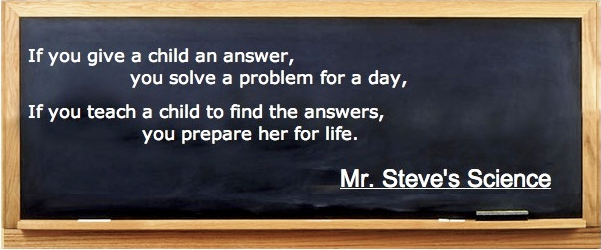Sometimes the best thing to learn is that
I am doing something stupid.
So I spend the Thursday and Friday in a elasticsearch class. I find elasticsearch very useful and Lucene very cool. But really what I found most useful was the three really stupid things I had been doing with elasticsearch.
I have one colleague I have worked with who is very bright and often makes a comment along the lines of "we all think we are the smartest person in the room." And at times I feel this is his goal, to be the smartest person in the room (one he often succeeds at when discussing certain technical topics).
But my goal has always been to be the dumbest person in the room. Why? Because then I can learn from so many people and they can compensate for my weaknesses (which are many).
One of the cultural issues I feel hold people back from learning is being afraid to look bad or to make mistakes. The question I have is how can we install in our students/co-workers/etc a sense that its okay not to know? In fact its good to admit ignorance, then you can get past that and try and learn something.
Cheers,
Stephen

1 comment:
Instilling this mindset in other people is not, I think, an easy task. It requires a philosophical viewpoint which is contrary to the society students live in. It might be possible to get students to act like they accept it in your class though, which might stand a decent chance of convincing them of its usefulness in other situations.
I like to say that being wrong is great. When you find out that you are wrong about something, you are given a gift. If you acknowledge that you are wrong, you will never be wrong in that way again. Not for the rest of your entire life. Whatever embarrassment you feel at having been wrong is something you feel because of how the people around you act. It is as 'wrong' as an emotion can get. Having it is not something you can change light flicking a switch. But following it, allowing that emotion to guide your thoughts and actions, is something you have control over. You can refuse to give in to that emotion, and fight against it because reason tells you that it is not a helpful emotion.
Even that much is a philosophical viewpoint which is rejected by the society we live in, as intuition and emotion is strongly valued while intellect is distrusted in personal matters (and deciding or changing what you believe could not be more personal). Asking or expecting students to acknowledge and agree with this is asking too much.
But, asking them to act as if they believe it is, in my opinion, not. Make it clear to them that you want them to be wrong. That, in your classroom, you will be taking notice of what happens when students are wrong. If they are made to feel embarrassed by other students with snickers or comments or rolling of eyes or the like, those other students will be punished exactly as if they had started shouting in class, because it is disruptive to teaching and makes it harder for everyone to learn. Also, acknowledge and praise anyone who has the courage to express a wrong idea, admit they are wrong, and then adopt the correct view.
Post a Comment